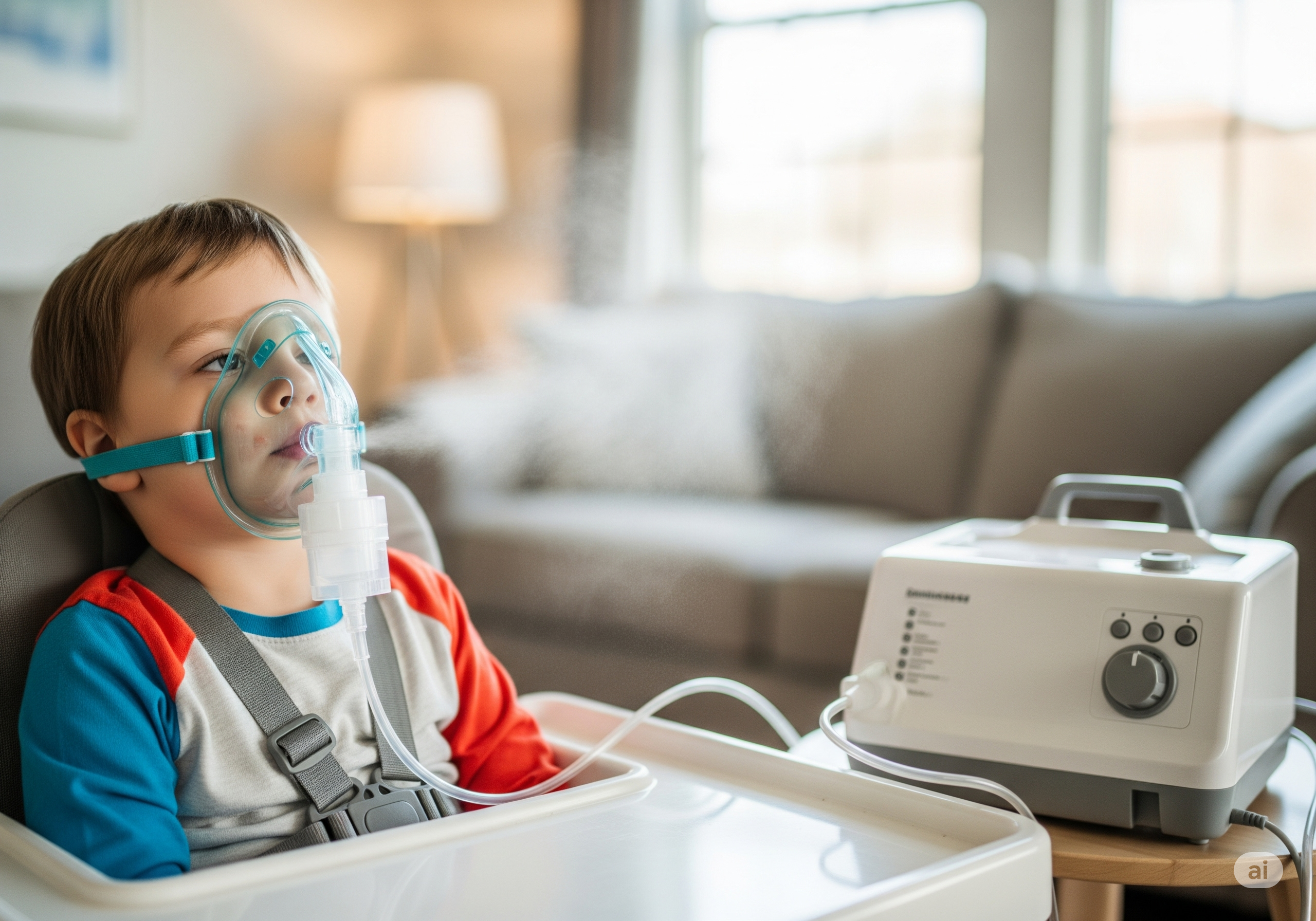Nebulizer vs. Inhaler: How to Choose the Right Respiratory Therapy Equipment for Your Needs
When managing a respiratory condition, medication delivery is a key part of your treatment. Two of the most common devices are nebulizers and inhalers, but they are not the same. Understanding the differences between a nebulizer and an inhaler is the first step to choosing the right respiratory therapy equipment for you or a loved one. This guide will help clarify their functions so you can have an informed discussion with your doctor.
Important Disclaimer: Always consult with a healthcare professional to determine which device is right for your specific condition.
Understanding the Nebulizer
A nebulizer is a machine that turns liquid medication into a fine mist. This mist is then inhaled through a mask or a mouthpiece, allowing the medicine to be delivered deep into the lungs.
- Best For: A nebulizer is often recommended for young children, infants, or older adults who may have difficulty using an inhaler. It is also a good choice for people with severe asthma attacks or other conditions that make deep breathing difficult.
- Pros: Requires no special breathing technique; delivers medication over a longer period (usually 10-15 minutes); very effective for severe symptoms.
- Cons: Not portable (usually requires a power source); takes a longer time to administer medication.
Understanding the Inhaler
An inhaler is a small, portable device that delivers a puff of medication directly into the lungs. There are two main types: Metered-Dose Inhalers (MDIs) and Dry Powder Inhalers (DPIs).
- Best For: Inhalers are commonly used for managing mild to moderate asthma and COPD. Their portability makes them ideal for quick relief on the go.
- Pros: Highly portable and compact; quick and easy to use.
- Cons: Requires a specific breathing technique to be effective; can be difficult for some people to use correctly.
Nebulizer vs. Inhaler: How to Choose
The choice between a nebulizer and an inhaler depends on your age, physical ability, and the severity of your condition.
- Consider a Nebulizer if: You need a high dose of medication, you have trouble coordinating your breathing with an inhaler, or you have a severe flare-up.
- Consider an Inhaler if: You need a quick, portable solution for daily management and are able to use it with the correct technique.
For many, a combination of both is the ideal solution—an inhaler for daily use and a nebulizer for home use during severe episodes.
Conclusion
Both a nebulizer and an inhaler are vital tools in respiratory therapy equipment. The key is to discuss your needs with your doctor to determine which one will be most effective for you. Having the right device can make a significant difference in managing your condition and improving your quality of life.




